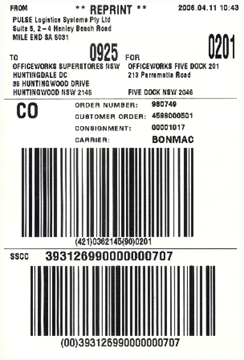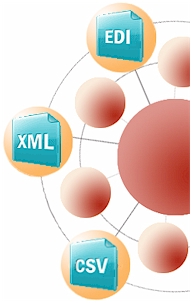
PULSE.EDI
Following the lead set by major retailers – beginning in the 90s – a great many other industries, including those of the automotive, FMCG and pharmaceutical worlds, are now demanding that that their suppliers implement EDI and other e-business technologies.
The argument being that ‘to go on doing business with us you must do things our way’. This, of course, makes very real sense to them. Delivering, as it does, productivity gains and cost savings. And as they are already equipped with all the necessary IT, it is something that essentially costs them nothing.
 | But that’s not necessarily the case for suppliers. For them, implementing such initiatives is generally not without pain. First and foremost is the valid concern that implementing such an initiative may well add to operating costs and overheads. There is the question of how processes need to be changed to affect what is being demanded. And what changes to other systems are required. And even what EDI solution to select. Hence the very valid question “our major customers are demanding we implement EDI scan packing, but what the heck is in it for us?” One commonly held view, to which we certainly subscribe, is that the answer to that question is “very little … if all you do is simply install a limited stand-alone EDI solution”. At days end, this may well meet basic customer demands. But on your part it will require added work, and additional costs. And it will definitely do nothing to enhance your efficiency, accuracy, and overall operational effectiveness. And that’s because, again to our way of thinking, EDI (and any other e-business applications for that matter) can only start working for you when it is fully embedded as part and parcel of an advanced warehouse management system. |
From the EDI scan packing perspective, PULSE.EDI will:




